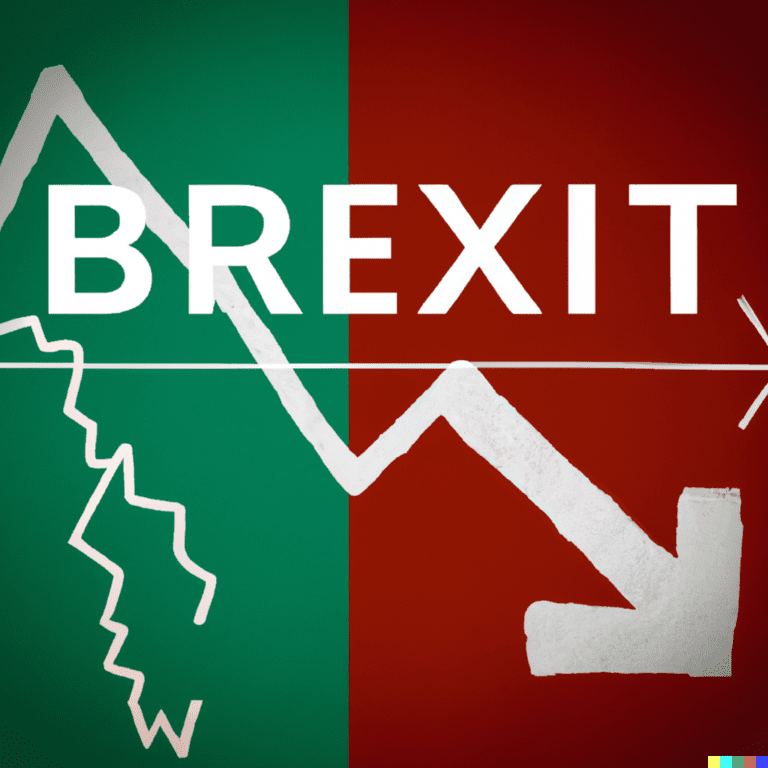What Is Spread In Forex?
Trading in the foreign exchange market, or forex, is an exciting endeavour. Still, to start, it is crucial to understand basic terms and concepts. One fundamental concept that every new forex trader must comprehend is ‘spread’. It might initially seem complicated, but understanding the spread is crucial for efficient trading.
Definition of Spread:
The spread in forex refers to the difference between the buying price (ask price) and the selling price (bid price) of a currency pair. It represents the broker’s profit from the trade (aside from any commission or fees). However, it can also reflect underlying market conditions.
Components of Spread:
- Bid Price: It is the price at which the market (or your broker) will buy a specific currency pair. It is at this price that the trader can sell the currency pair.
- Ask Price: This is the price at which the market (or your broker) will sell a specific currency pair. At this price, the trader can buy the currency pair.
Example:
USD/CHF currency pair has a bid price of 0.91545 and an ask price of 0.91576; the spread is 31 pips (the pip is the smallest price move that a given exchange rate can make based on market convention).
Impact of Spread on Profitability:
For a trader to break even on a trade, the price movement must cover the spread, i.e., the ask price must move above the buy price by at least the spread amount. The lower the spread, the less the price needs to move in the trader’s favour before they start making a profit.
Types of Spread:
- Fixed Spread: It remains constant and is not affected by market conditions. Fixed spreads are typically offered by brokers that operate as a market maker.
- Variable Spread: It fluctuates based on market conditions, such as volatility and liquidity. Variable spreads are usually offered by brokers that have a Straight Through Processing (STP) or Electronic Communication Network (ECN) model.
Choosing a Broker:
When selecting a broker, it’s essential to consider the spread, as it will impact your potential profitability. Some brokers may offer lower spreads but charge a commission for each trade. In comparison, others may offer commission-free trading but have higher spreads. Consider your trading strategy and frequency when evaluating these costs.
Importance of Spread:
Understanding and considering the spread is vital because it is a fundamental cost of trading. Lower spreads generally mean lower trading costs, which can lead to higher profitability. However, it’s also crucial to balance this consideration with other factors like the reliability and reputation of the broker, the availability of leverage, and the quality of the trading platform.
Conclusion:
Spread is a critical concept for new forex traders to understand. It is the difference between the bid and the ask price, representing the cost of trading and affecting the profitability of trades. Whether a trader prefers fixed or variable spreads, understanding this concept is vital for making informed trading decisions and managing the costs associated with forex trading.
Remember to choose your broker wisely, paying attention to the overall trading environment, reliability, and transparency of transaction costs, and keep learning and practising to enhance your trading skills and knowledge in the forex market.








